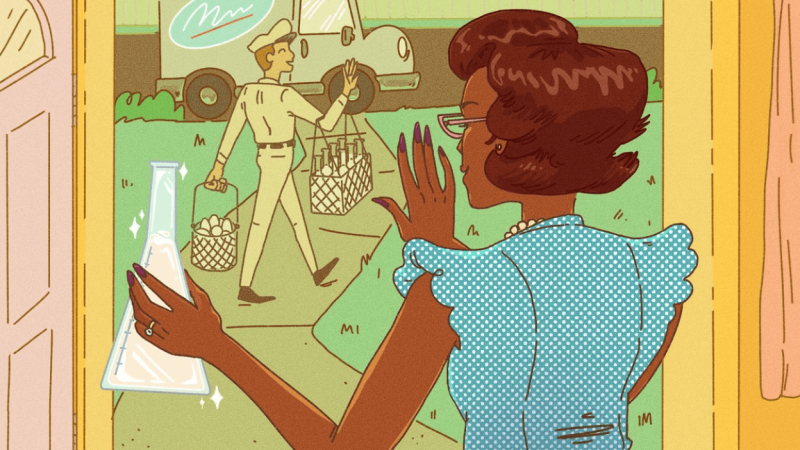Although plant-based analogs have never managed to fully capture the taste and texture of the real thing, a new crop of startups say they’ve found a better way to remove cows from the equation — by milking microbes instead of udders.
Using precision fermentation, a process commonly used to produce insulin and vitamins, food technology startups are cultivating microbes to produce milk proteins such as casein and whey. Thriving on just water and carbohydrates, the genetically engineered yeast and fungi pump out the creamy base for dairy products to deliver the same taste, texture, and performance — froth, whip, melt, and all — as their bovine-sourced counterparts. It’s an innovation that could send dairy stampeding toward a more sustainable future. Already, the German startup Formo is looking to replace a tenth of Europe’s conventional supply by 2030.































